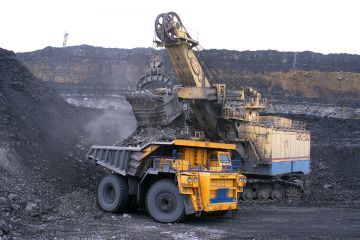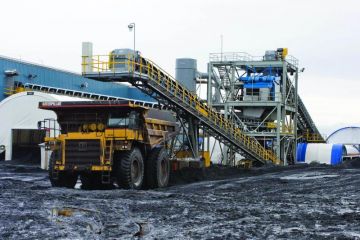Mining

Making artisanal mining safer and more sustainable
The Ring
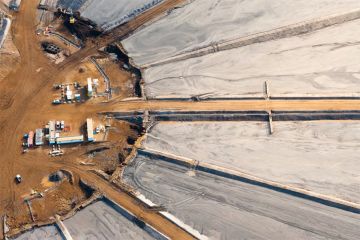
Who owns Canada’s fossil fuel sector?
Media release
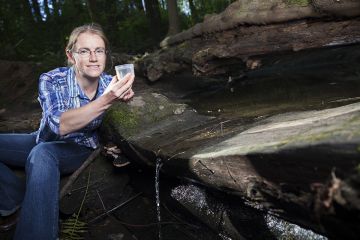
Detecting mining's toxic leftovers
The Ring
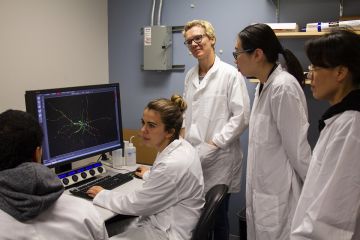
CFI grants lay foundation for discovery
The Ring

$355,000 to UVic researchers
Media release
- < Newer
- 1
- Older >

